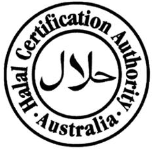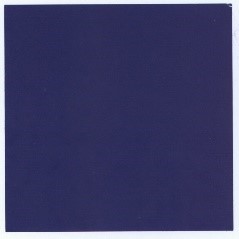No Point Crying Over Spilled “Not Milk” – Distinctiveness Issues For Trade Marks In The Plant-Based Food Industry
The plant-based food industry is growing at a rapid pace, with popularity amongst consumers increasing because of its purported health and environmental benefits. However, a recent General Court decision in the EU highlights the difficulties brands face in obtaining trade mark protection for plant-based food if brands are not sufficiently distinctive (despite a tendency in the industry to develop brands which are a play on words of traditional food products).
Read More

